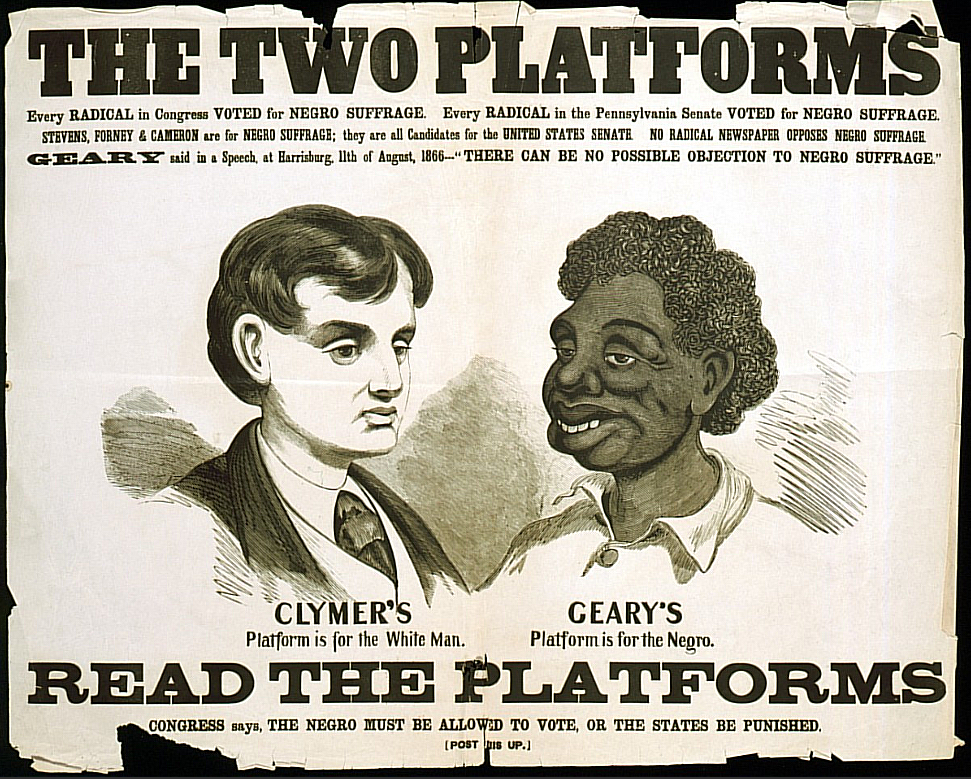
In the United States, political parties have undergone significant transformations throughout history. The Republican Party, commonly known as the GOP (Grand Old Party), has a rich and complex past. Unfortunately, one pivotal turning point in the party’s history has led to its association with racism and the perception of being the “Racist Party.” This transformation was largely shaped by the infamous “Southern Strategy.”
The Southern Strategy



The Southern Strategy was a deliberate and calculated approach employed by the GOP during the 1960s and 1970s. Its primary goal was to win over Southern white voters, who were disenchanted with the Democratic Party due to their stance on civil rights and racial integration. This period marked a time of significant change in the nation’s civil rights movement, with efforts to end racial segregation and promote equality for all citizens.
Understanding the Context
To fully grasp the Southern Strategy’s impact, we must acknowledge the historical context. The Democratic Party, up until the mid-20th century, had been the dominant political force in the South. However, as Democratic leaders started supporting civil rights legislation, many white Southerners felt betrayed and abandoned their traditional party loyalty.
Republicans saw an opportunity to capitalize on this disenchantment and sought to expand their base by appealing to racial anxieties. Key figures within the GOP used coded language and dog-whistle politics to subtly signal their support for segregation and opposition to civil rights without explicitly stating it. This strategic move marked a stark departure from the Republican Party’s historical roots as the party of Lincoln, which had once fought for the abolition of slavery.
Dog-Whistle Politics
Dog-whistle politics is a tactic where politicians use coded language or symbols to communicate with a specific target audience while maintaining plausible deniability. By exploiting racial fears and insecurities without overtly mentioning race, these politicians intended to garner support from voters who held racist beliefs without alienating other segments of the population.
The Impact
The Southern Strategy proved to be incredibly effective in the short term. It helped the GOP make substantial gains in the South, winning over many white voters who previously identified as Democrats. This shift in the electoral landscape eventually led to the Republican Party’s stronghold in the South, a dominance that persists to this day.
However, the long-term consequences of the Southern Strategy were disastrous for the party’s reputation. By aligning themselves with racially motivated sentiments, the GOP found itself increasingly associated with racism and discrimination. The party’s identity became entwined with opposition to civil rights and social progress, despite the fact that many Republican leaders, especially in recent decades, have publicly disavowed these views.
Modern Challenges
Over time, the Republican Party has faced internal conflicts, with some members pushing for more inclusive policies and a departure from the racial undertones of the past. However, the legacy of the Southern Strategy remains a challenge that the GOP continues to grapple with. Detaching from the perception of being the “Racist Party” requires a concerted effort to address historical prejudices and adopt a genuinely inclusive agenda.
The Current Situation
The Southern Strategy was a turning point in the Republican Party’s history, propelling them to power in the South but also forever linking them to racial tensions and discrimination. As we move forward, it is essential to recognize and understand this history to create a more equitable and united future. Political parties should strive to be vehicles for progress and equality, representing the diverse interests and aspirations of all Americans, regardless of race or background. Only then can we hope to overcome the divisive legacy of the past and build a stronger, more inclusive nation for all.





